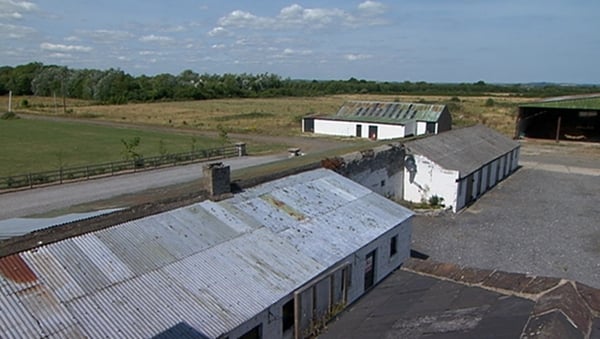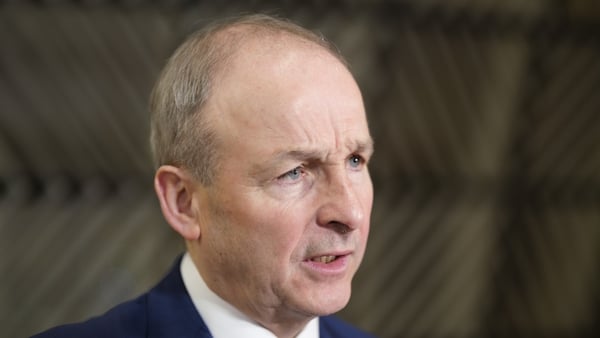Cabinet approval has been secured this morning for legislation which will see everyone regarded as organ donors unless they opt out of the system.
The Human Tissue Bill aims to make organ donation the norm when people pass away, in circumstances where donation is possible.
This legislation for the first time provides a statutory framework for organ donation and transplant services in the Republic of Ireland.
Anyone who does not want to donate their organs after they die would have to register this wish during their lifetime.
However, under this new system, discussions would still take place with family members before the removal of organs for transplant.
The bill also includes changes around the storage, handling, transportation, disposal and return of organs, or body parts.
This is to ensure that it will be done with due regard to the dignity, bodily integrity and privacy of the deceased.
It will also introduce clinical regulations for all post-mortem procedures in hospitals.
It is also set to repeal legislation dating from 1832 to put in place arrangements around the donation of bodies to anatomy schools. This will mean that a licence will be required for the public display of dead bodies.
Mr Donnelly said today is "really good news" for people awaiting a transplant.
Speaking on his way into cabinet, he said the opt-out system brings Ireland in line with international best practice.
"It should mean that the number of organs available for transplant, for donation will go up," he said.
The minister said it has been done sensitively because of the difficult times for families involved and next-of-kin.
"Ultimately the result of this bill will be more organs available for transplant, there will be more lives saved," he said.
Mr Donnelly said there will be a legislative framework around organ retention, post-mortems and the coronial system.
"We know there are families who have been through unspeakable tragedy in terms of what happened to their babies organs," he said.
This legislation is important to ensure that this will "never happen again", the minister said.
Additional reporting Karen Creed





